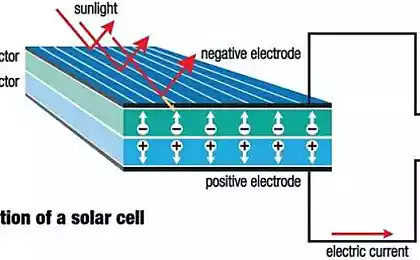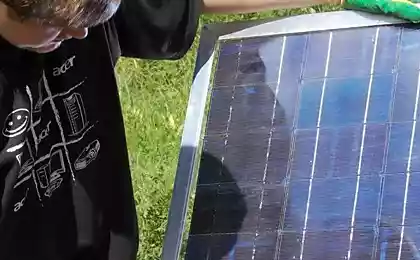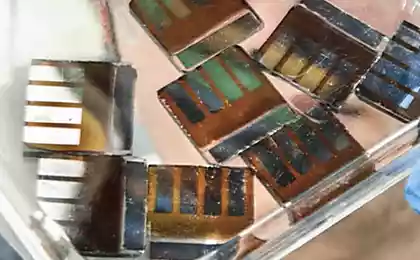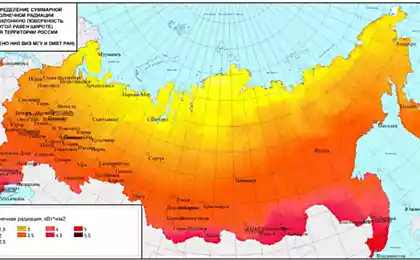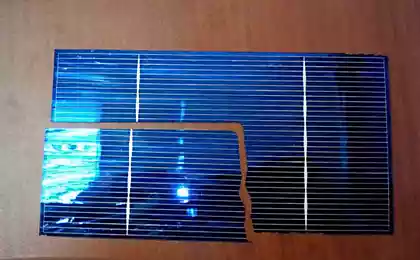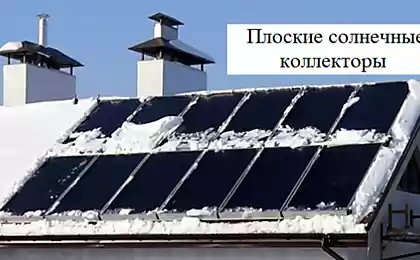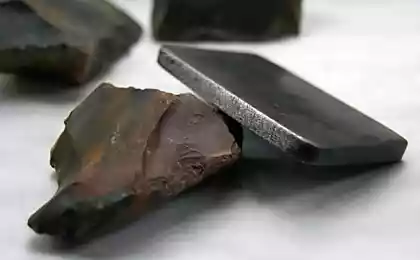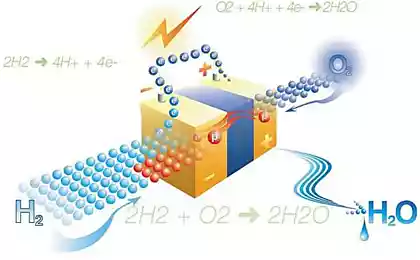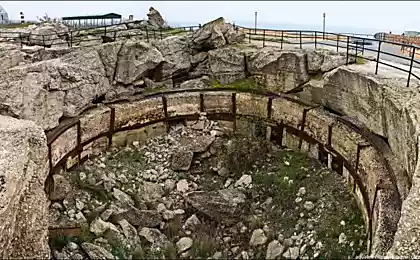439
Scientists laid the Foundation for solar cells of a new type
An interdisciplinary team of scientists laid the foundations of an entirely new type of solar cell, in which infrared radiation is converted into electrical energy as in conventional solar cells.A group of scientists under the leadership of Professor Christian Jooss of Goettingen University, Professor Simone TECHART of the max Planck Institute and Professor Peter Blachly of Klosterschule technical University laid the Foundation for a new solar cell of the perovskite of the so-called excitation of polarons, which combines the excitation of electrons with vibrations of the crystal lattice.
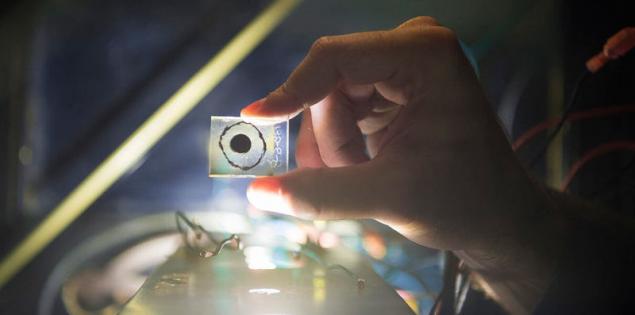
"In conventional solar cells is the interaction between the electrons and the lattice vibrations can lead to unwanted losses can cause severe problems, whereas excitation of polarons in perovskite solar cells can be created by using fractal structures under certain operating temperatures and last long enough to have time to occur a pronounced photovoltaic effect," explains main author Dirk Reiser.
Now perovskite solar cell, which studies the team of scientists needs to cool in the laboratory to approximately -35 C to the desired effect. In the field, the polaron can behave differently. So physicists from göttingen are trying to optimize the material or to influence it with light to achieve higher operating temperatures.
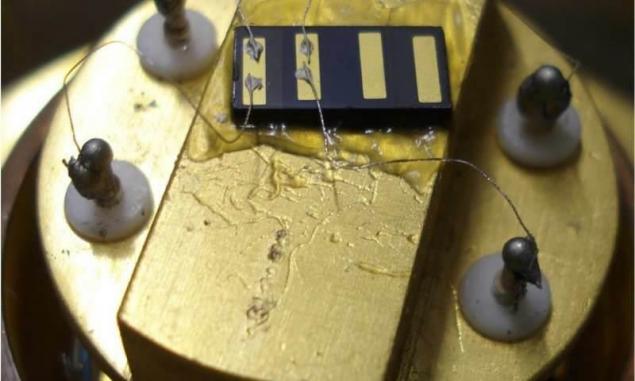
Development of highly efficient and structurally simple solid-state solar cell is still a challenge for science. In addition to optimization of material and design of the current cell to achieve success need to learn new, fundamental mechanisms of charge transfer and turning it into electricity. This will allow you to create solar cells based on new principles.
The solar cell of the perovskite with a record high efficiency was created at the end of last year in the National laboratory. Lawrence Berkeley. Peak efficiency of new solar cells reaches 26%. published
Source: hightech.fm/2017/01/25/new-solar-cell

"In conventional solar cells is the interaction between the electrons and the lattice vibrations can lead to unwanted losses can cause severe problems, whereas excitation of polarons in perovskite solar cells can be created by using fractal structures under certain operating temperatures and last long enough to have time to occur a pronounced photovoltaic effect," explains main author Dirk Reiser.
Now perovskite solar cell, which studies the team of scientists needs to cool in the laboratory to approximately -35 C to the desired effect. In the field, the polaron can behave differently. So physicists from göttingen are trying to optimize the material or to influence it with light to achieve higher operating temperatures.

Development of highly efficient and structurally simple solid-state solar cell is still a challenge for science. In addition to optimization of material and design of the current cell to achieve success need to learn new, fundamental mechanisms of charge transfer and turning it into electricity. This will allow you to create solar cells based on new principles.
The solar cell of the perovskite with a record high efficiency was created at the end of last year in the National laboratory. Lawrence Berkeley. Peak efficiency of new solar cells reaches 26%. published
Source: hightech.fm/2017/01/25/new-solar-cell
TWIKE 5 will be offered to the consumer in three different ways
The first hybrid passenger liner uses wind energy

